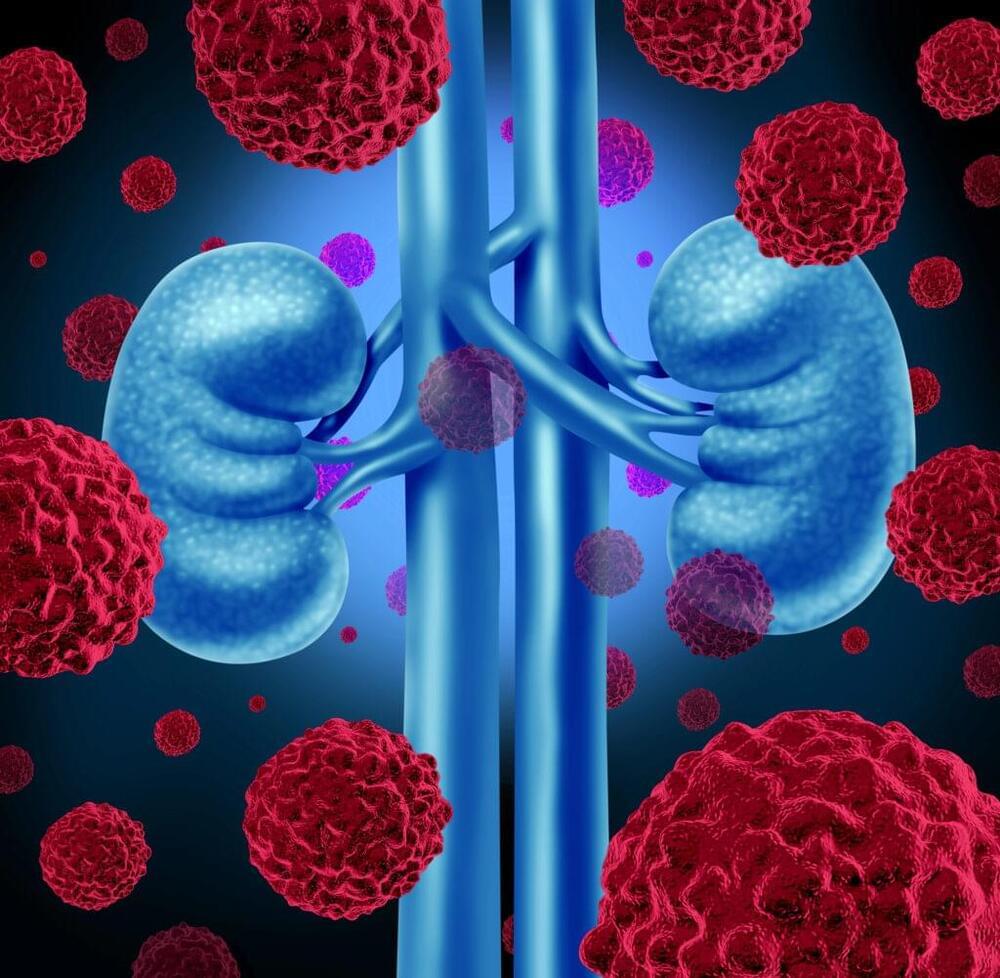Age ain’t nothing but a number, but ‘inflammatory age’ may be real.


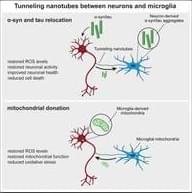
In a recent study published in Neuron, researchers discovered that microglia, the brain’s immune cells, use tunneling nanotubes…
Scheiblich et al. uncover a novel mechanism by which microglia use tunneling nanotubes to connect with α-syn-or tau-burdened neurons, enabling transfer of these proteins to microglia for clearance. Microglia donate mitochondria to restore neuronal health, shedding light on new therapeutic strategies for neurodegenerative diseases.
Worm-Derived Therapeutics For Debilitating Diseases — Dr. Andrea Choe, MD, Ph.D. — CEO, Holoclara Inc
Dr. Andrea Choe, MD, Ph.D. is the CEO and Co-Founder of Holoclara (https://www.holoclara.com/), a company focused on creating novel, safe, orally bioavailable worm-derived therapeutics with a focus on indications such as allergies and autoimmune disorders.
While pursuing her doctorate at the California Institute of Technology, Dr. Choe uncovered a unique pheromone language shared by roundworms that may have evolved over hundreds of millions of years.
Dr. Choe’s research, including her discovery of novel molecules derived from worms that blocked formation of disease in animal models of allergic and autoimmune disease, has led to advances in the fields of evolutionary biology and extreme biology. Her work has become the foundation of Holoclara’s technology and mission to pioneer a new class of therapeutics that can provide relief for millions of people living with chronic and debilitating diseases.
Dr. Choe is a winner of the Emerging Women Founders in Biotech Award. She received her MD at USC Keck School of Medicine and her PhD at Caltech.
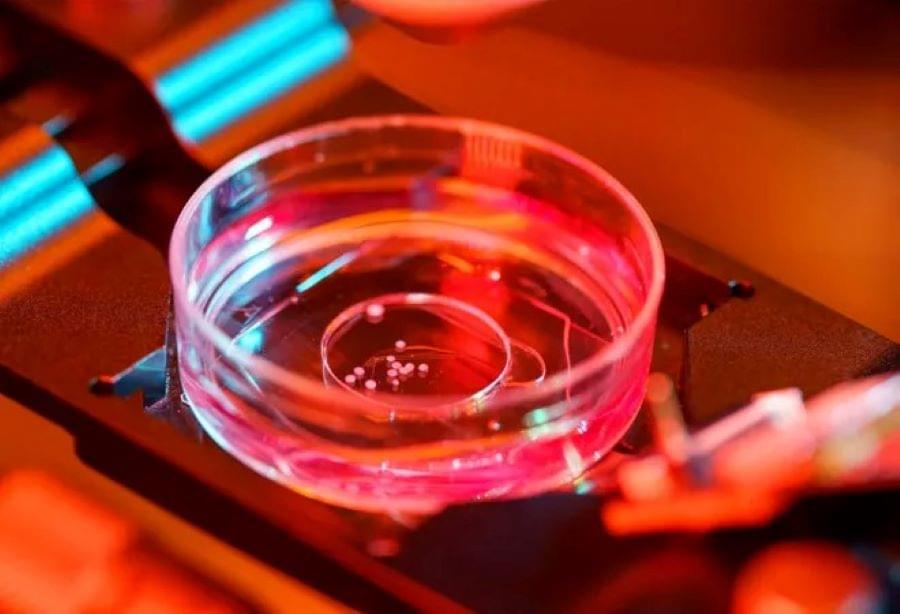
The field of organoid intelligence is recognized as groundbreaking. In this field, scientists utilize human brain cells to enhance computer functionality. They cultivate tissues in laboratories that mimic real organs, particularly the brain. These brain organoids can perform brain-like functions and are being developed by Dr. Thomas Hartung and his team at the Johns Hopkins Bloomberg School of Public Health.
For nearly two decades, scientists have used organoids to conduct experiments without harming humans or animals. Hartung, who has been cultivating brain organoids from human skin samples since 2012, aims to integrate these organoids into computing. This approach promises more energy-efficient computing than current supercomputers and could revolutionize drug testing, improve our understanding of the human brain, and push the boundaries of computing technology.
The conducted research highlights the potential of biocomputing to surpass the limitations of traditional computing and AI. Despite AI’s advancements, it still falls short of replicating the human brain’s capabilities, such as energy efficiency, learning, and complex decision-making. The human brain’s capacity for information storage and energy efficiency remains unparalleled by modern computers. Hartung’s work with brain organoids, inspired by Nobel Prize-winning stem cell research, aims to replicate cognitive functions in the lab. This research could open new avenues for understanding the human brain by allowing ethical experimentation. The team envisions scaling up the size of brain organoids and developing communication tools for input and output, enabling more complex tasks.
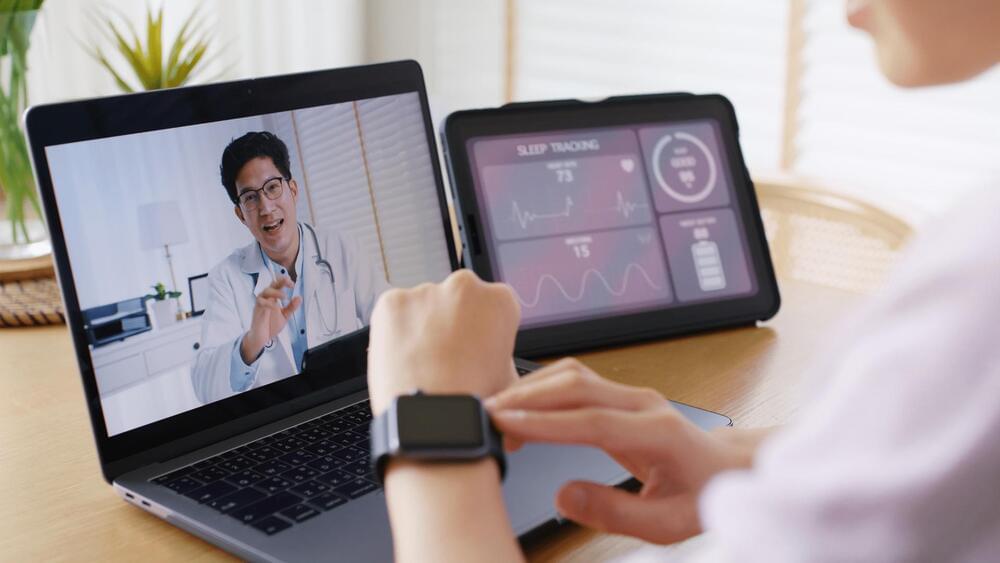
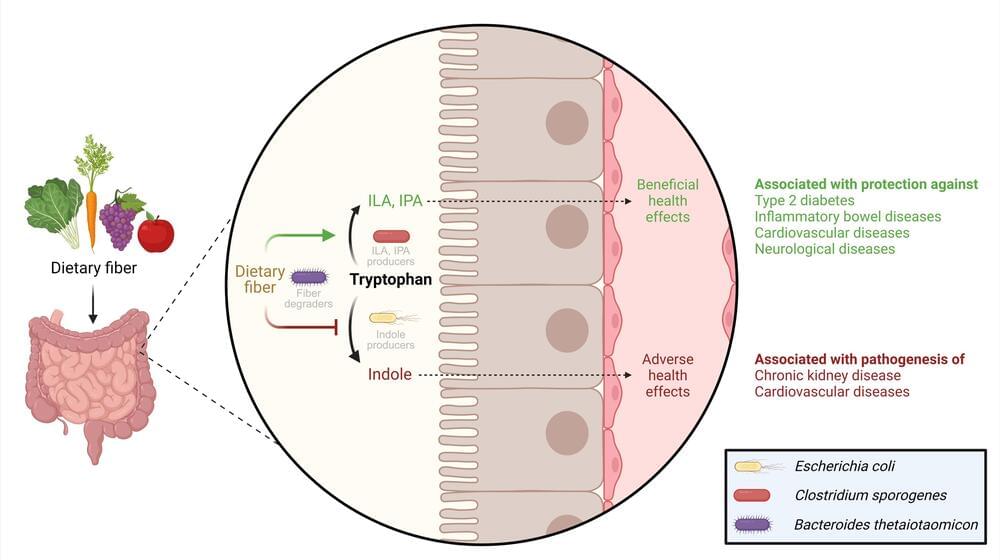
We get healthy dietary fiber from consuming fruits, vegetables, and whole grains. But why is fiber so good for us? A team of researchers has discovered that dietary fiber plays a crucial role in determining the balance between the production of healthy and harmful substances by influencing the behavior of bacteria in the colon.
Dietary fiber benefits our health, and scientists from DTU National Food Institute and the Department of Nutrition, Exercise and Sports at the University of Copenhagen have now uncovered an essential part of why this is the case. Different types of bacteria inside our colon compete to utilize an essential amino acid called tryptophan. This competition may lead to either good or bad outcomes for our health.
The research, published in the journal Nature Microbiology, reveals that when we eat a lot of dietary fiber, gut bacteria help turn tryptophan into healthy substances. But if we don’t eat enough fiber, tryptophan can be converted into harmful compounds by our gut bacteria.

A small team of public health specialists from the University of Glasgow and the Norwegian Institute of Public Health reports a possible link between some cases of autism and prenatal diet.
In their study, published in JAMA Network Open, the group analyzed information in two large databases of medical information on thousands of mothers and daughters in Norway and England.
Prior research has suggested that there appears to be diet, genetic and environmental factors involved in the development of autism in children while they are still in the womb, though the exact cause is still unknown. For this new study, the research team looked more closely at the role of diet in its development.
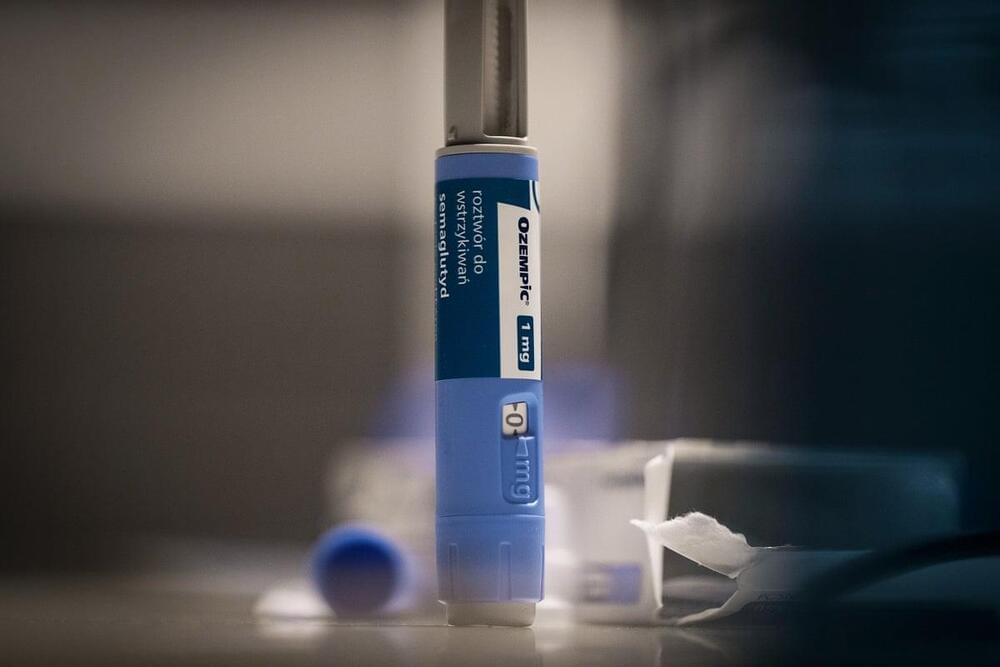
Ozempic, Wegovy and other GLP-1 drugs are being investigated as treatments for many health conditions—from dementia to addiction to kidney problems.

Thin lips are a common cosmetic concern for people with scleroderma – and can impact a patient’s ability to chew, swallow, and sleep.
Writing in the Journal of the American Academy of Dermatology, a YSM team finds hyaluronic acid lip fillers are a safe and effective option.
Hyaluronic acid lip fillers are safe and effective for patients with systemic sclerosis, or scleroderma, a new Yale study finds.
Thin lips are not only a common cosmetic concern in patients with scleroderma, a condition that involves tightening and hardening of the skin among other effects on internal organs, but also can impact a person’s ability to chew, swallow, and sleep. In addition, the condition can be stigmatizing and have significant psychosocial impacts. Although hyaluronic acid fillers are commonly used in the restoration of lip volume, they have not been used routinely in patients with the disease due to concerns of worsening the autoimmune condition.
Researchers in Yale’s Department of Dermatology and Internal Medicine’s Section of Rheumatology, Allergy and Immunology published their findings in the Journal of the American Academy of Dermatology. They conducted a prospective study of seven patients with systemic sclerosis and perioral involvement to evaluate the safety and efficacy of these fillers in this patient population. Among the various types of cosmetic lip filler, the team chose Restylane® Silk (Galderma) a hyaluronic acid filler with low cross-linking, hypothesized to have lower immunogenicity.
